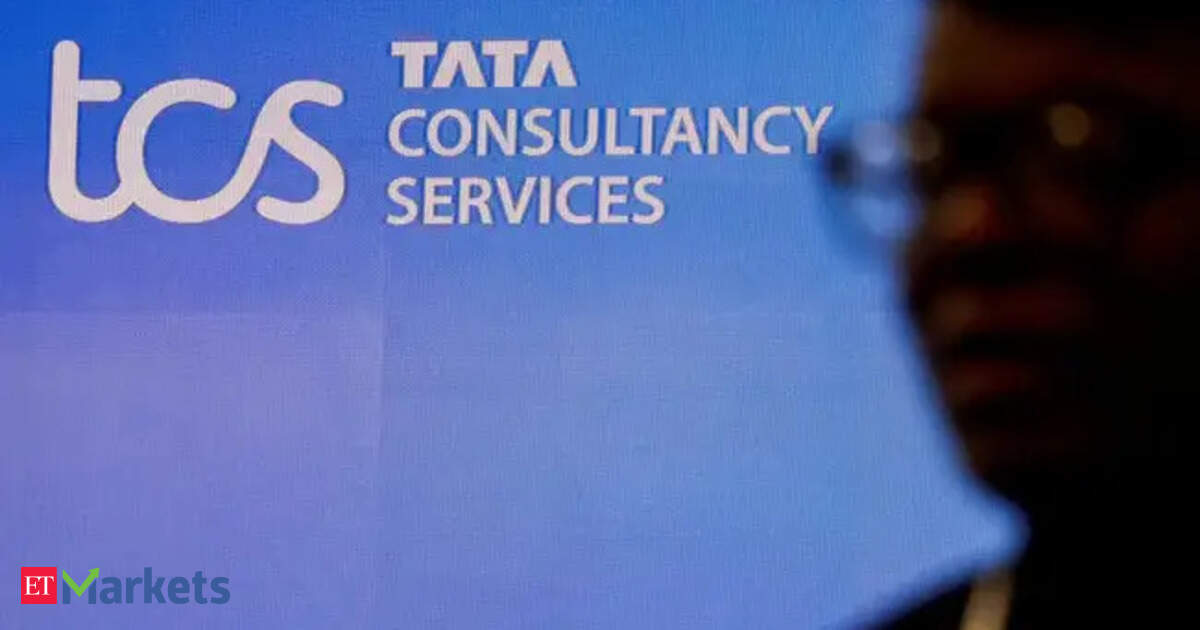The company continued to face delays in project ramp-ups as clients showed higher sensitivity to return on investments (RoI), deferring projects that lacked clarity on future returns.
Despite the lacklustre first quarter show, the TCS management has retained its earlier expectation of a better FY26 growth in international business compared with the previous year. Its optimism is backed by the fact that out of the 3.3% sequential constant currency (CC) decline in revenue for the June quarter, 2.8% was due to winding down of the BSNL project. That means the overseas business revenue fell by just around half a percent.
 Agencies
AgenciesAlso, the company continued to report traction in new deals, which increased to $9.4 billion from $8.3 billion in the year-ago quarter. A greater traction was visible in projects having less than $50 million of total contract value reflecting the continued flow of smaller deals with shorter time frames.
Despite the near-term slack in the business momentum, TCS continued to expand the headcount, which increased for the second straight quarter-this time by 5,090 sequentially to 613,069. Prima facie it may reflect the company’s optimism about future growth. But, when seen in the back drop of a sharp increase in the attrition rate to 13.8% from 12.1% year-on-year, it may appear as an attempt to fill in vacancies-possibly due to talent loss to global capability centres (GCC).
Additionally, the company deferred a decision on wage increase amid short-term slack in business, which may continue to keep the attrition rate elevated in the next few quarters. For the June quarter, revenue fell by 0.6% in reported terms sequentially to $7,421 million. Net profit rose by 4.4% to ₹12,760, largely driven by ₹600 crore of one-time interest income on tax refunds. Excluding this, profit growth might have been restricted to under 1%.Given the momentum in the deal wins, a recovery cannot be ruled out in the second half of the current fiscal year. But, given the short-term weakness, the stock may remain under pressure.








